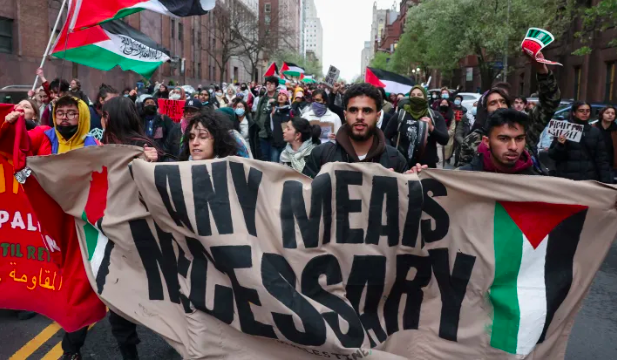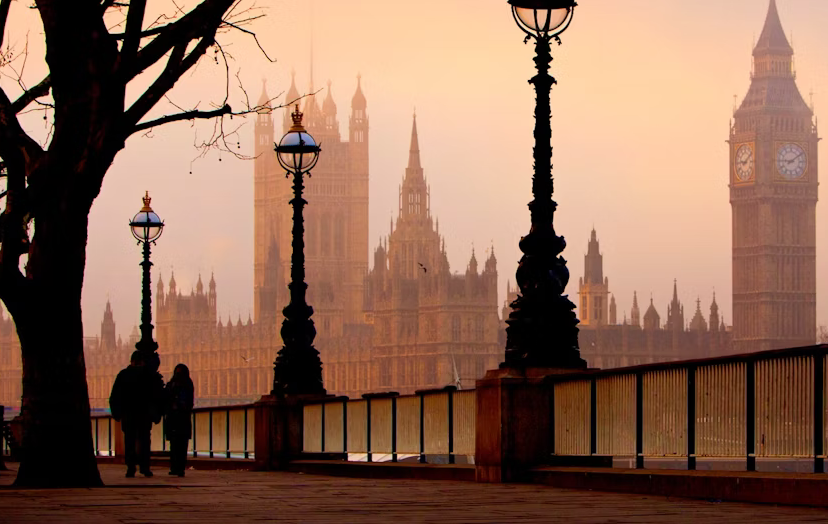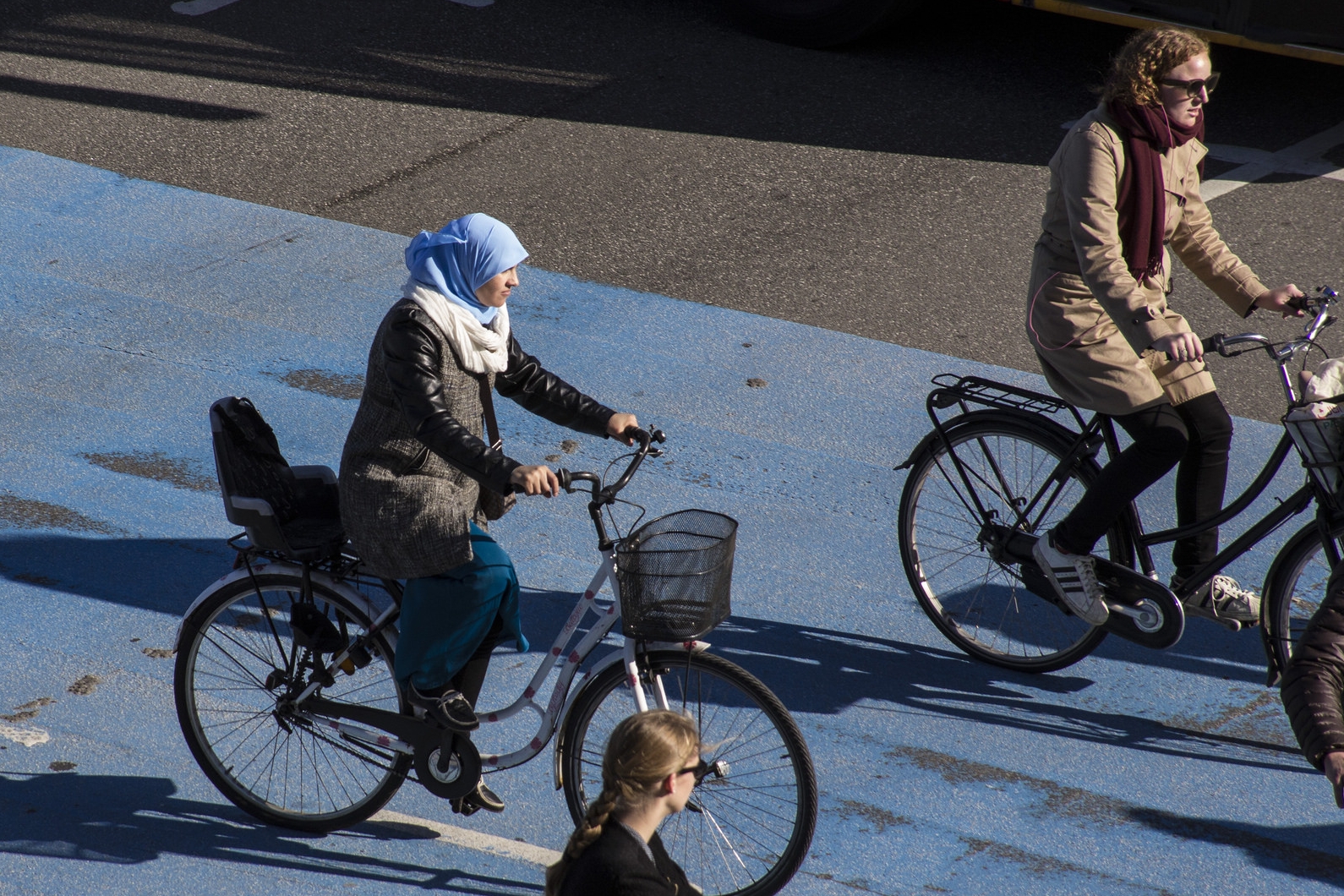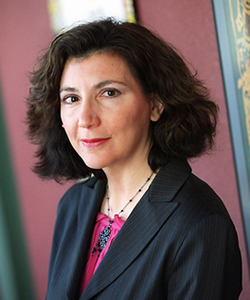Six countries in Europe have now passed nationwide or partial bans on face-veils, and others have legislation pending for additional bans. Speaking critically of either the bans or the Muslim practice of veiling engenders a firestorm of debate, as former Mayor of London and Secretary of State for Foreign and Commonwealth Affairs Boris Johnson did with an article in the Telegraph denouncing the ban in Denmark, while also bluntly criticizing in demeaning fashion the practice of covering the face.
Women riding in Copenhagen, Denmark. Photo: Flickr/Cycle Chic Copenhagen_55.
The response to the controversy has largely focused on questions of free speech, with the Equality and Human Rights Commission (EHRC) labeling the remarks as “inflammatory and divisive” but not within its jurisdiction to prosecute.
Yet, what of the more fundamental question about the public expression of religious belief? Is it appropriate, as the European Court of Human Rights said in its 2014 ruling in S.A.S vs. France, that veiling must be restricted in favor of the principle of “living together” and promoting “tolerance and broadmindedness without which there is no democratic society.”
In this series on Cornerstone Forum, we asked scholars to examine what the implications are of religious freedom for protecting the right to public expressions of faith, even those expressions which may seem to resist cultural assimilation.
THE RFI BLOG

A Call to End Anti-Semitism on America’s College Campuses

The Horrendous and Maddening Anti-Semitism in New York City

Religion, the ‘Russian World,’ and the War Against Ukraine

Religious Freedom Is Back on the UK’s Agenda

Be More Faithful, Become More Resilient: An Invitation to Religious Institutions
CORNERSTONE FORUM

Public Bioethics & the Failure of Expressive Individualism

Religious Liberty in American Higher Education

Scotland’s Kate Forbes and the March of Secularism

70 Years of Religious Freedom in Sweden: Prospects and Challenges





Kareem P.A. McDonald
Kareem P.A. McDonald
The target of the new law is the burqa and niqab but, already the Danish People’s Party have turned their attention to the head scarf, launching a new poster campaign that tells women to “throw of the headscarf and become part of Denmark.” Given the rise in religious apathy and intolerance towards religion generally, who knows what will come next; tomorrow the cross or the yarmulke could be the next target. This is why it is important now, more than ever, for all freedom-loving people to come together, to stand together and oppose this unnecessary, counterproductive and hypocritical law.
Read More →
Kareem P.A. McDonald